How The Top 4 Social Media Platforms Treat Bitcoin and Cryptocurrency
Updated: Jun 09, 2021 at 15:42
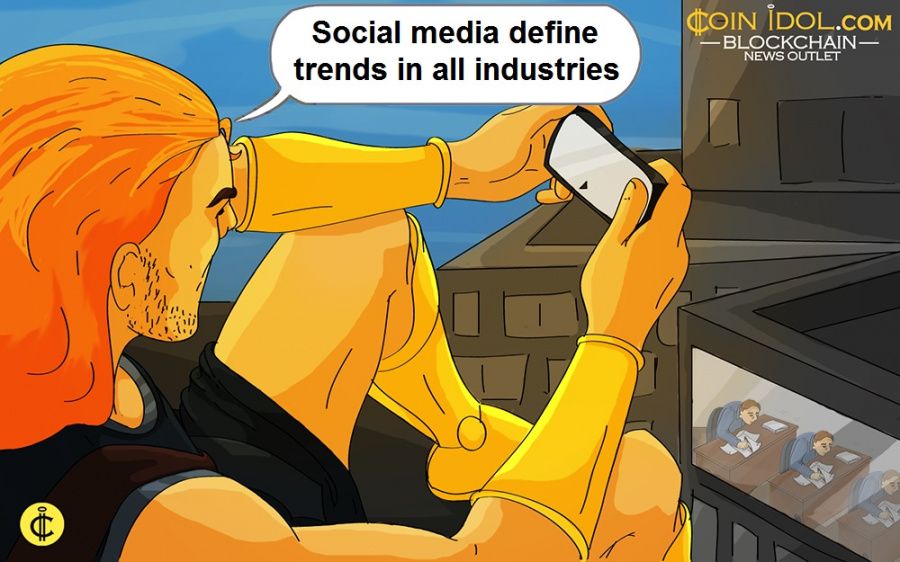
Social media can cause digital currency price fluctuations, for better or worse. For instance, the trending news about a big cryptocurrency exchange hack can cause a massive fall in token value. CoinIdol, a world blockchain news outlet, researches how the top 4 social media treat cryptocurrency and blockchain.
Currently, Facebook (FB) is the largest social media site in the entire globe. As of 2020, the giant had over 2.6 billion monthly active users. Generally, almost every social media user has an account on Facebook. Several companies, people and brands use this platform to market their products to an immense audience.
When it comes to cryptocurrency, Facebook planned to roll out its own cryptocurrency called Libra in January 2021 but up to now, the target has not yet been achieved. The social media platform had originally planned to roll out the proposed Libra and wallet over the summer of last year.
Rumors that FB is creating a distributed ledger technology (DLT) and its own token Libra started way back in 2018, but it was until mid-June 2019 that an official presentation of the project was released. At that time, Facebook's CEO, Mark Zuckerberg, stated that sending money online should be made as fast, effective, transparent and simple as sending photos.
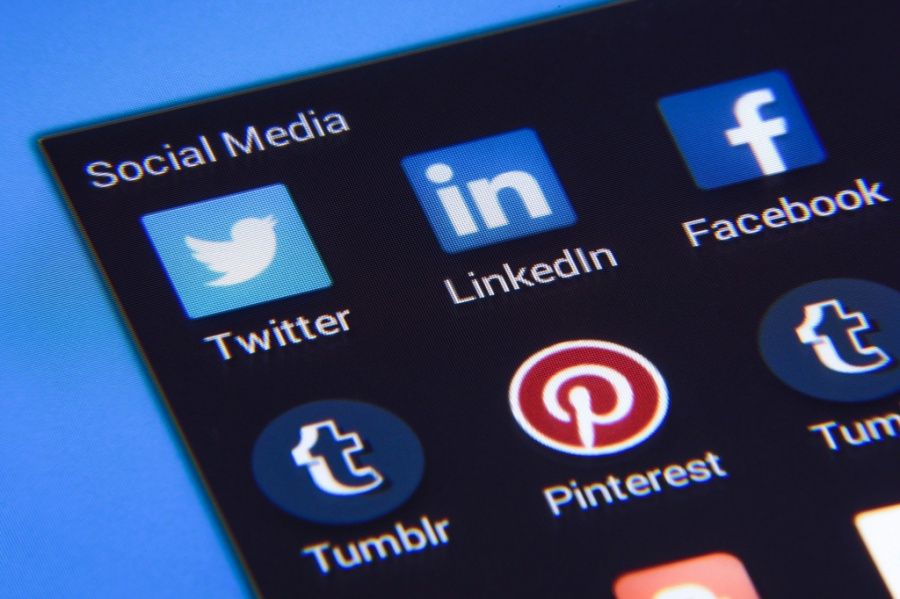
This showed that Facebook was pro-cryptocurrency. Additionally, users were able to use Facebook Messenger Payment for trading Bitcoin instantly and securely with certain crypto exchanges such as Paxful.
In January 2018, FB first started suspending ads promoting Bitcoin and other digital currencies and ICOs following the rising concerns that users were being scammed by ICOs being offered by some unlicensed cryptocurrency startups. Nevertheless, the firm relaxed its restriction starting from June 26, 2018, to allow ads from promoters and advertisers that got prior written approval but continued to ban ads that were promoting binary options and ICOs (initial coin offerings).
In December 2020, following the massive criticism from the regulators accusing it of using a name that was identical to another startup, Facebook later rebranded its Libra Foundation to The Diem Association, and the project is now doing well.
In May 2021, Zuckerberg came out to post that he has a goat named Bitcoin, a post that left the crypto-community optimistic that the CEO FB owns BTC.
Currently, Twitter has over 353 million monthly active users and a good chunk of them use cryptocurrency including Bitcoin.
Some of the big names in the crypto industry that use Twitter to promote BTC, Ethereum and other tokens include Vitalik Buterin, Vlad Zamfir, Andreas M. Antonopoulos, Joseph Lubin, Gavin Wood, Naval Ravikant, Taylor Monahan, Nick Szabo, Simon De la Rouviere, Chris Burniske, etc., Twitter has become an arena for meaningful engagement and healthy discourse towards blockchain and crypto-asset industry.
When it comes to Blockchain technology, Twitter is also creating a public DLT site and decentralized Twitter protocol, a thing that will be a future for the company in question, as well as the future of blockchain and bitcoin.
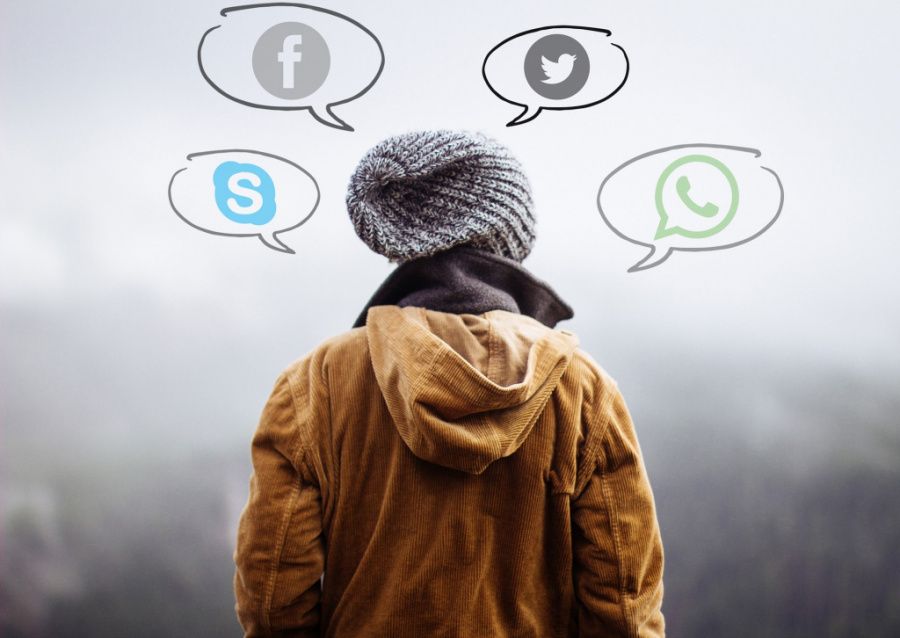
In March 2018, Twitter decided to follow Google and Facebook to ban Bitcoin ads. The aim was to protect crypto investors from scams. Also, in early March 2021, Twitter came out to suspend the accounts of many influencers in the cryptocurrency industry citing the violation of Twitter Rules.
When Elon Musk criticized Bitcoin for using too much electricity and not being environmentally friendly, Twitter CEO Jack Dorsey came out to support and defend Bitcoin tweeting that “BTC incentivizes renewable energy.”
To show that Dorsey supports Bitcoin, his other financial firm Square added more than $170 mln worth of BTC to its balance sheet in the first quarter of this year following its first investment in BTC in October. The CEO of Twitter now plans to make a hardware wallet for BTC which will be supported on either Square or Twitter.
YouTube
Youtube, a video streaming platform, was purchased by Google at about $1.65 billion back in 2006. Some of the most popular crypto YouTube channels include Ivan On Tech, Doug Polk, Crypt0sNews, Ian Balina, Crypto Bobby, Data Dash, BitBoy, CryptoBoy, Historical, and many others.
YouTube has been blocking crypto and blockchain channels citing ‘promotion of unlawful activity’. For instance, the platform blocked Altcoin Daily channel that was operated by Aaron and Austin Arnold who used to inform the community about what is happening in the nascent industry. In fact, in 2020, YoTube has launched a massive anti-Bitcoin campaign called “Crypto Purge”. Many of the cryptocurrency bloggers including Ivan on Tech, the Moon, Chris Dunn and others suffered from the platform’s hostile policy.
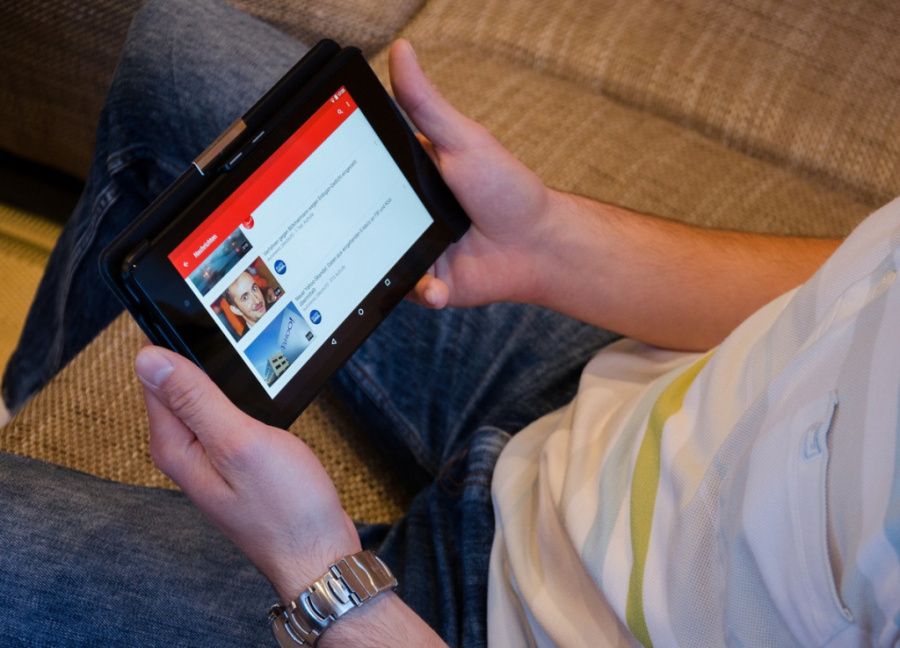
Back then, this move caused a stormy reaction in the community. Nevertheless, YouTube tried to defend itself stating that they wanted to combat scammers that were taking advantage of the video streaming service.
Indeed, cryptocurrency fraudsters used this platform to advertise fake giveaways using the names of popular people such as Steve Wozniak, co-founder of Apple, a thing that caused huge losses to users and investors - so it had to take the necessary measures to protect its users by banning Bitcoin-related ads.
WeChat is the most popular social media in China and over 78% of China's population uses this platform - it is currently having 1.17 billion monthly active users putting it in the 5th most used social media platforms in the world.
The company has played a big role in the cryptocurrency industry. For instance, it has launched payment networks such as WeChat Pay to help users instantly, securely and efficiently send and buy Bitcoin and other supported fiat currency.
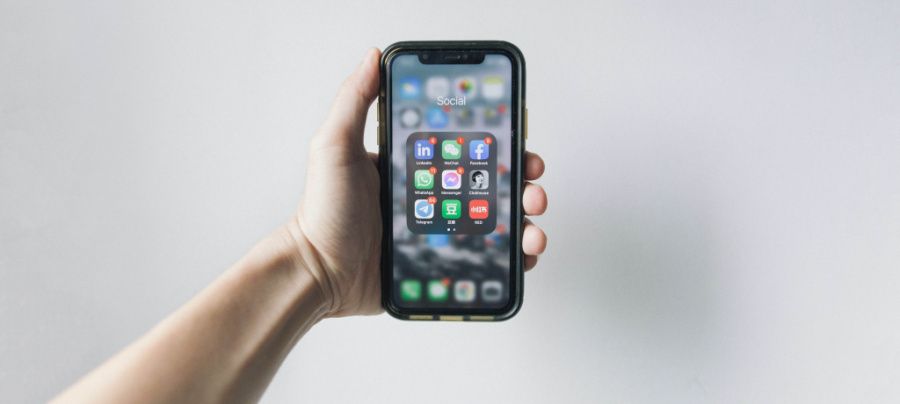
There are various peer-to-peer marketplaces including Paxful and LocalBitcoins that accept WeChat Pay as a payment method.
Nevertheless, other social media in the country are less friendly to the nascent industry. According to the report by CoinIdol, a world blockchain news outlet, another social media site called Weibo blocked accounts of several crypto influencers, following the lead of YouTube. But unlike YouTube, Weibo is fully controlled by the Chinese government. So this move is generally treated as the country’s attempt to eliminate the community.
In this age of global digitization, social media plays a significant part in trendsetting across all industries. So, depending on their attitude, they can boost or stall cryptocurrency adoption.
News
News
Coin expert

(0 comments)